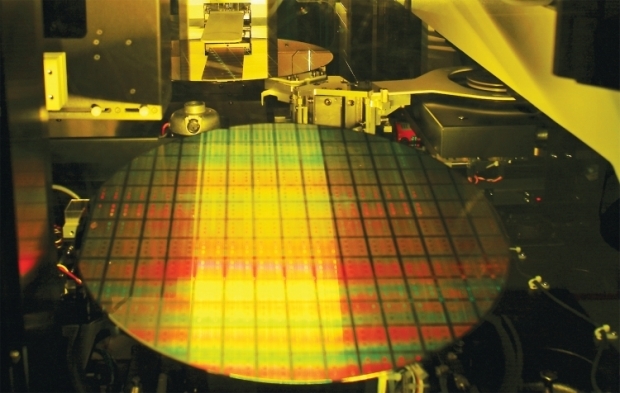According to various industry sources, the company has received chip orders from Nvidia, MediaTek, Silicon Motion Technology and HiSilicon. Nvidia is expected to use TSMC’s 12nm process to fabricate graphics processors for AI computing and self-driving cars, while MediaTek will use it to build a new SoC lineup for mobile devices.
Silicon Motion intends has been preparing to introduce a second-generation enterprise SSD controller that will be fabricated using TSMC’s 12nm process in 2018, according to the sources. The company also hopes to adopt the 12nm process for a new line of client SSD controllers and UFS products. For now, it plans to roll out a series of five SSD controller units using TSMC’s 28nm process before the end of 2017.
The 12nm half-node process was announced back in November as a way to “enhance competition” with 28nm and lower process nodes that have been adopted over the past few years. For instance, Samsung has been providing 14nm LPP to Qualcomm for its Snapdragon series and for its own mobile devices, while GlobalFoundries was first to announce its own 12nm process using FD-SOI planar technology. The latter’s process, on the other hand, enables up to 15 percent more performance over existing FinFET technologies and up to 50 percent lower power consumption at a lower overall cost.
Originally, the process was planned to be introduced as a fourth-generation 16nm optimization, but was pinned as an independent process instead. The reintroduction of 16nm at a smaller scale will allow TSMC to defend its market share position against upcoming competitors while keeping average revenues per wafer as high as it can. As SemiEngineering wrote last year, the costs for fabrication plants to scale down to smaller process technologies has now reached astronomical levels. The average IC design cost for a 14nm chip is about $80 million, while 10nm is $120 million plus 60 percent for software. This should give an indication of where 12nm fits in, though TSMC hopes its latest node will become a useful enhancement that fills the price gap while offering improved leakage characteristics.

